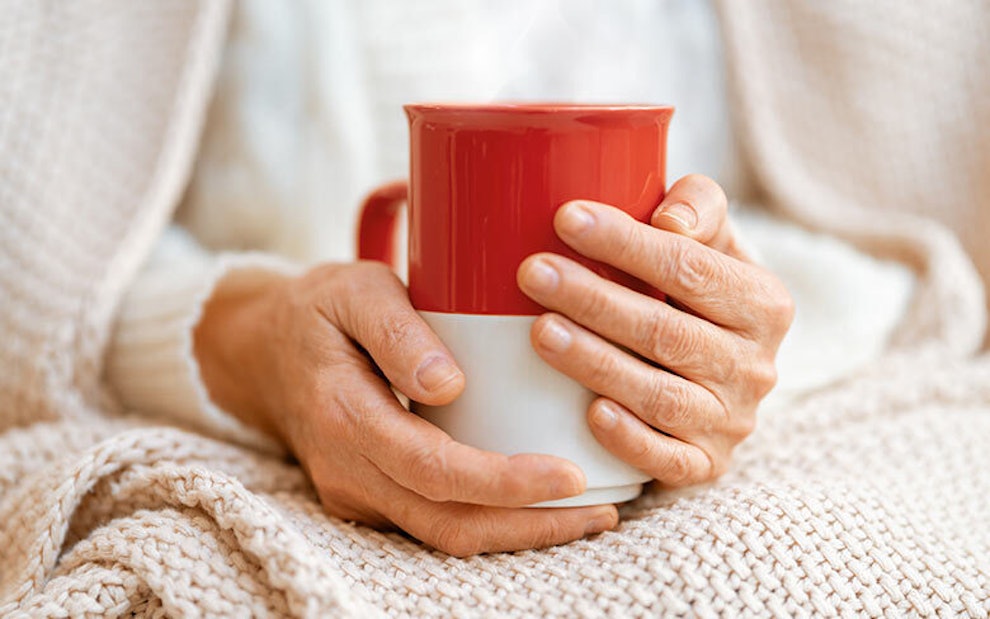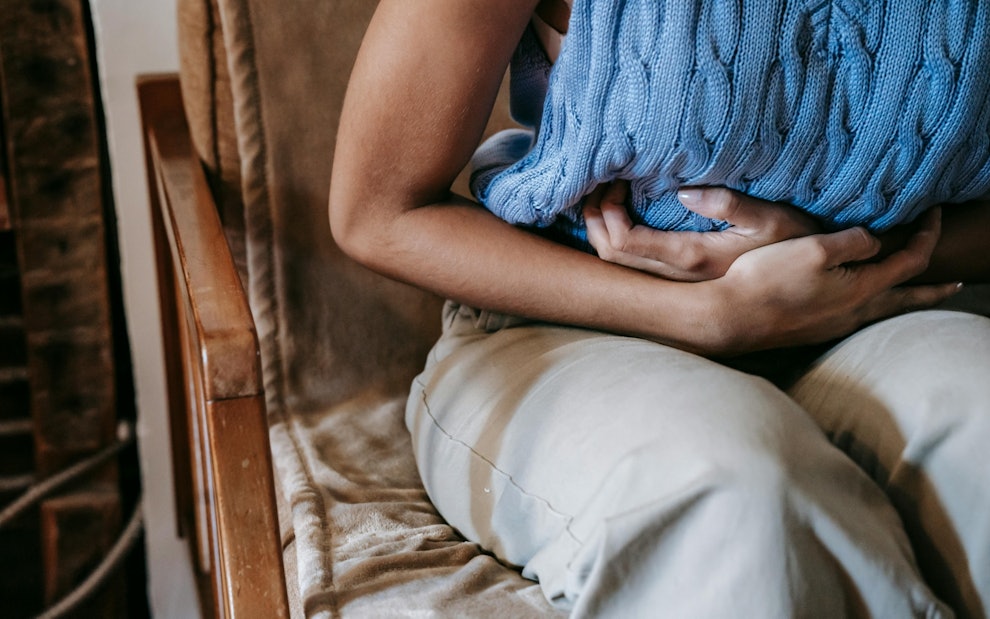Common Skin Issues & Skin Health Tips for Seniors
Article at a glance
Signs of aging skin include dryness, wrinkles, slackness, age spots and transparency.
Some factors that cause the skin to age more quickly include smoking, obesity and certain sleep positions.
Skin cancer, dryness and itching, age spots, skin tags and bruising are more common in older age.
You can take several preventive measures to keep your skin healthy, including using sunscreen and moisturizer.
Choose the right anti-aging skincare products by using those formulated for your skin type.

Aging of your skin, unlike other organs, is fully visible. The effects of aging can be seen as loss of elasticity, thinning and dryness, wrinkles and rough patches. Your skin’s production of elastic tissue — elastin and collagen — slows and your oil glands aren’t as effective in keeping your skin’s natural moisture. Aging can also make you more prone to certain skin conditions and diseases, such as skin cancer, dry spots, age spots, bruises, and skin tags (growths that stick out from the skin). That’s why it’s important to start taking care of your skin early. Moisturizing, eating well, and not smoking are all things you can do to keep your skin healthy. Choosing the right skincare products is essential too, because some are harsher on aging skin than others. Learn more about what happens to the skin as you age and what you can do to prevent unhealthy skin and conditions.
What happens to your skin as you age?
Skin naturally changes as you age, becoming drier, thinner, and more wrinkled. Your ethnicity and heredity can affect how skin ages, but many factors you can control also alter the appearance of your skin. Getting too much sun or being exposed to harsh weather, for example, can worsen aging effects. Signs of aging skin include:
Bruising: the skin can become more easily bruised because your blood vessel walls are thinner
Dryness, roughness and itchiness: about 85 percent of older people get “winter itch” when the skin gets too dry (often due to indoor heating and loss of humidity)
Fragility: caused by a flattening of the area where the epidermis (the outer layer of skin) and the dermis (the layer of skin below the epidermis) meet
Transparency: transparent skin is caused by the thinning of outer and inner layers of skin
Slackness: loss of elastin and collagen — causes looseness in the skin
Age spots, wrinkles and creases
Sweating less
Susceptibility to irritation, lesions and skin infections
Slower healing time
Factors that cause the skin to age might include:
Loss of cartilage in the nose, which may cause the nasal tip to droop
Bone loss can cause puckered skin around the mouth and overall slack skin
Fat loss under the skin, in the cheeks, chin, temples, nose and eye areas
Loss of elasticity, which can lead to sagging
Obesity: being overweight can cause the skin to stretch and can lead to a number of skin conditions, including dark patches, skin tags and varicose veins.
Smoking: people who smoke generally have more wrinkles than non-smokers.
Facial movements: yes, there’s some truth to those rumored “laugh lines”. Lines on your face become more visible starting in your 30s and 40s.
Sleeping position: how you sleep might affect where wrinkles appear. “Sleep creases” usually show up on the side of the forehead.
Sun is a major factor that can speed up the aging of your skin. Ultraviolet light can harm elastin in the skin and sun damage can cause the skin to sag or stretch and also slows down the skin’s healing rate. Damage may not appear right away, but it will likely show up eventually.
Which skin conditions are common in older age?
Aging can also make the skin prone to certain conditions, among them:
Age spots (called “liver spots”) and skin tags (skin growths): Age spots are large brown spots caused by the sun that appear on the face, arms, back, hands and feet. Skin tags are flesh-colored skin growths usually found on the eyelids, neck and in folds of the body. Skin tags and age spots are usually harmless but can be unattractive.
Bruising: Older adults tend to bruise more easily. Certain conditions or medications can make bruising worse. Speak with your doctor if you develop any unexplained bruising.
Dry skin and itching: Older people may get dry, rough patches on their skin, a result of dehydration, dry air, smoking, tanning, stress and losing sweat and oil glands. Certain health conditions (like diabetes and kidney disease) and also some medicines can make dry skin itchy.
Skin cancer: A common type of cancer in the U.S., skin cancer is usually caused by sun exposure. Two types of skin cancer, basal cell carcinoma and squamous cell carcinoma — are slow-growing and unlikely to spread to other parts of the body. But a third type of skin cancer, called melanoma, is a dangerous skin cancer that can spread to other organs and requires serious treatment.
How to keep your skin healthy
Here are some steps you can take to keep your skin healthy as you age:
Wash your skin gently and use warm water instead of hot water, as hot water strips the skin’s natural oils, and a mild cleanser.
Keep your skin moist. Try fragrance-free moisturizer to keep your skin from becoming dry and itchy.
Harsh soap, perfume, and bath oils are drying to the skin, so try to limit their use.
Protect yourself from the sun. Stay out of the sun whenever possible, especially from 10 am to 4 pm when the sun is the strongest. Be sure to apply broad-spectrum sunscreen (with SPF 30 or higher) every two hours or more often. Avoid sun lamps and tanning beds and wear a wide-brimmed hat and sunglasses when you’re outside.
Eat well. Make sure you’re maintaining a healthy diet with enough vitamins and nutrients. It’s also very important to drink water often so your skin stays hydrated.
Avoid smoking, which can damage your skin by reducing blood flow and harming elastin and collagen.
Use a humidifier to keep indoor humidity between 45 and 60 percent. Measure the humidity with a hydrometer.
Wear gloves while doing housework to avoid skin exposure to harmful chemicals.
How to choose skincare products for aging skin
Keeping your skin healthy also involves selecting the right products. Sunscreen and moisturizer are your two best anti-aging essentials. Find a water-resistant, broad-spectrum sunscreen with an SPF of 30 or higher and use it daily. Use an anti-aging moisturizer that targets your main concern, like fine lines or dark spots. Other advice to keep in mind:
Have realistic expectations. There’s only so much anti-aging skin products can do.
Carefully read product labels and find products that are “non-comedogenic” or “non-acnegenic” or “hypoallergenic.” This means they’re not likely to clog pores, cause acne or allergic reactions.
Get products specifically formulated for your skin type (oily, dry, sensitive, etc.)
The aging of your skin will happen sooner or later — it’s just another fact of life. However, there are certain factors that can worsen or speed up aging skin, such as sun exposure, smoking, obesity and more. There’s nothing that can be done to completely stop aging skin and elderly skin conditions in their tracks, but there are ways to avoid issues later in life. Regularly applying sunscreen and anti-aging moisturizer, sticking to a healthy diet, staying hydrated, sticking to a gentle skin cleansing routine, not smoking, and finding the right products are all ways you can better care for your skin.
Sources
https://www.kendalathome.org/blog/10-essential-skincare-tips-for-older-adults
https://www.aad.org/public/everyday-care/skin-care-basics/care/skin-care-in-your-60s-and-70s
https://health.clevelandclinic.org/what-you-need-to-know-about-aging-skin/
https://www.aad.org/public/everyday-care/skin-care-secrets/anti-aging/selecting-anti-aging-products
Become a patient
Experience the Oak Street Health difference, and see what it’s like to be treated by a care team who are experts at caring for older adults.




